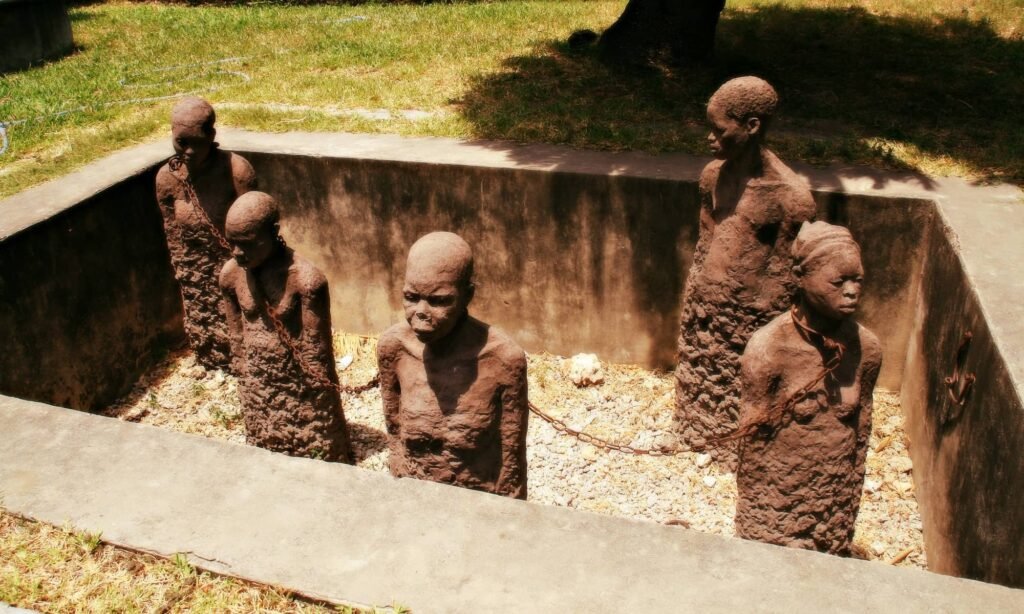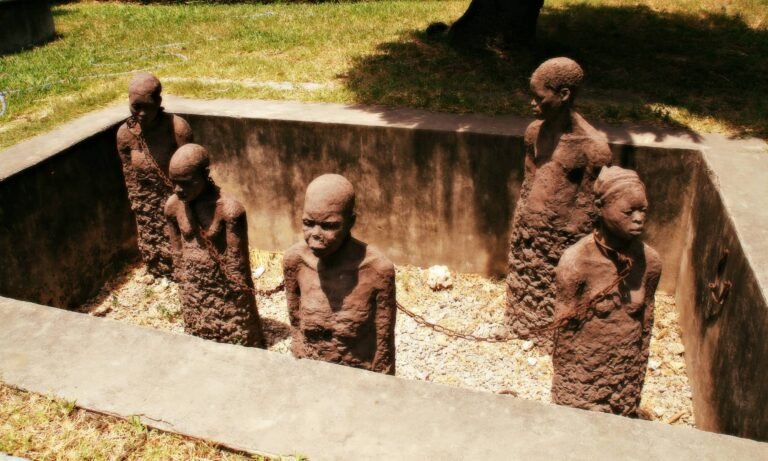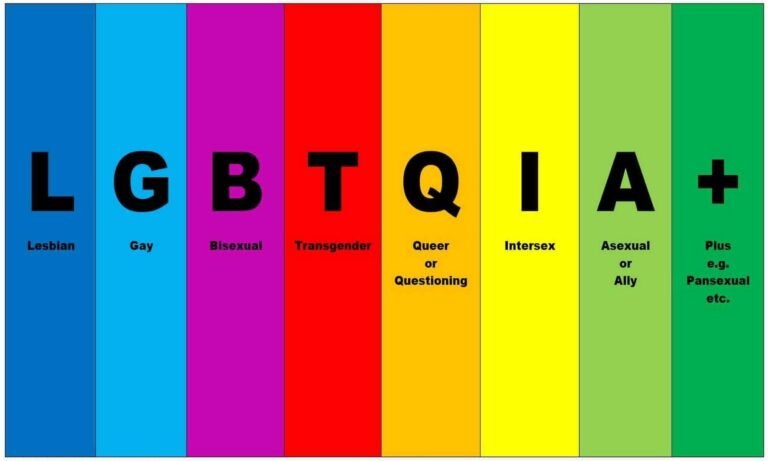Exploitation occurs when one person or group takes advantage of another for their own gain, often without providing fair compensation or consideration. It can manifest in various forms, such as economic exploitation through low wages, human exploitation through forced labor or trafficking, or natural resource exploitation without proper stewardship. Addressing exploitation requires a commitment to fairness, ethical business practices, and respect for basic human rights.
Ayabonga Cawe argues that disruptive technologies must bring changes that improve the quality of life enjoyed by all, not just a few. He combines lyrical language with economic analysis to drive his point home.
He cautions that in a global economy dominated by monopolies, and where wealth is concentrated in minorities, disruptive technologies often worsen what older forms have failed to complete.
Origins
The term is known by the French socialist Saint-Amand Bazard (1791-1832) with his commentary on the “Exploitation de l’Homme par l’Homme” (exploitation of the one through the other). However, one must assume that exploitation itself – in one form or another and regardless of having been aware of the term – has been practiced since human’s existence as since time immemorial, man has exploited and tortured those beneath him.
Over Time
In English and German “Exploitation” has also been used as a subject of media theory to describe the second exploitation of a successful subject in film, book, comics, etc. While in the early days of the film, commercial exploitation of documentary films, problem films or even religious films was subsumed under this term, the term began to include low-budget films in the early 1930s, in which violence, extreme and delicate sexual acts were predominant themes of all kinds.
Current
Exploitation still today sadly includes Humans, Natural Resources (environment) and Animals (which humans – even more sadly – also tend to consider as natural resources).
Human Exploitation
Forced labor is another significant aspect of contemporary slavery, occurring in multiple industries, including agriculture, construction, and manufacturing. It is estimated that nearly 16 million people are victims of forced labor in the private sector, often with little recourse to escape their situation. Economic hardship, lack of education, and gender inequality contribute to individuals being trapped in these exploitative environments, where they work under intolerable conditions without compensation or personal freedom. The International Labour Organization (ILO) has estimated that the profits generated from forced labor amount to $150 billion annually, underscoring the economic dimensions of exploitation.
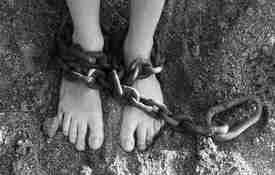
There are many efforts globally to end especially exploitation of humans, a notable one may be the movement to end human trafficking and sexual exploitation, the World Without Exploitation. The International Labour Organization also has some informative and educating material handy:
- Forced Labour, Modern Slavery and Human Trafficking
- Summary as of 2012 on Global Estimate of Forced Labour (of which I’m afraid these numbers have increased rather than decreased)
- Profits and Poverty – The Economics of Forced Labour (yeah – after all, human exploitation is all about business, money – and power, of course)
Economic exploitation can include unfair wages, poor working conditions, and lack of benefits, often affecting vulnerable populations. Human exploitation encompasses forced labor, human trafficking, and modern slavery, where individuals are coerced into work without freedom or adequate compensation.
Environment Exploitation
The World Resources Forum is active in many ways and maintains some notable projects too in regards of building capacity for sustainable recycling in developing countries. In order to quantify the use of available resources, the Sustainable Europe Research Institute (SERI) in Vienna built up and maintains the only worldwide comprehensive data base on resource extraction, which comprises data for almost 200 countries, 270 types of resources, and currently a time series of 26 years (1980-2005).

The complete aggregated data set is freely accessible on the website www.materialflows.net
Animal Exploitation
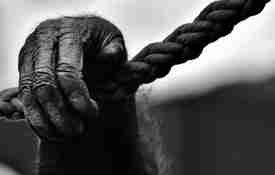
Did you know? Zoosadism, which refers to pleasure derived from cruelty to animals, is one of the three precursors to sociopathic behavior; the other two being fire setting and enuresis.
Practically all animal species have been abused and tortured by man in some way or the other.
Humans are thought to be the most intelligent of all species. Still, when we look at animal abuse statistics, mankind is put to shame.
Did you also know? Animal Ethics – formed to provide information and promote discussion and debate about issues in animal ethics, and to provide resources for animal advocates – and a quite comprehensive List of Animal Welfare Groups can be found online always available at your fingertips.
“The greatness of a nation and its moral progress can be judged by the way its animals are treated.”
– Mahatma Gandhi
Bottom Line
Looking at all the above, what’s going on and what counter-measures are set in place, one can not wonder but are we all doing enough, was the situation worse if above organizations (and others) were not there or is it all just a big fail after all? Ultimately, it’s up to each one of us to contribute positively and support these initiatives to create meaningful change and a sustainable future.
Fact remains, we all can Do Something!
- DoSomething was founded in 1993 with the vision that volunteerism can be as cool as sports. Today, they are one of the largest nonprofits exclusively for young people making social change. In our history, they have activated over 8 million young people across more than a thousand different campaigns and programs and have members in every U.S. area code and in over 189 countries.
- DoSomething underwent a robust strategic planning process in 2022 to deepen their commitment to diversity, equity, inclusion and belonging and meet the challenges faced by today’s young people coming of age amidst an intersectional reckoning for equity and justice. Fueling the Future is their new strategic plan to evolve the DoSomething platform and their programs to provide a more personalized, guided journey that supports young people in deepening their civic knowledge and leadership.
The overall outlook for global exploitation is concerning, with significant challenges and risks ahead. You may refer to the Global Resources Outlook 2024 and the World Energy Outlook 2024. Efforts to combat exploitation include international agreements, stricter regulations, and increased awareness and advocacy. However, achieving significant progress requires coordinated global action and a commitment to ethical practices.
What’s More

My Blog ( 112 )
Dependence (10) Fiction (10) Karma (9) Landmarks (10) Paramount (9) Spectrum (9) Spotlight (10) Take Off (9) Terra Shapes (9) Trepidation (9) Unique (9) Virtue (9)
Amazing Stuff (9) Beyond Known (10) Controversial (9) Digital World (10) Inequities (10) Innovative (9) Metaphysics (9) Orbiting Entities (10) Our Society (10) Outer Space (9) Value Creation (10) Yearnings (10)

My Interests ( 115 )
Site Forum
Curious to dive deeper and ready to share your thoughts on this? Join the conversation and be part of the FORUM@ericroth.org Your online discussion board providing space for engaging exchanges on specific topics and shared interests across this website.


